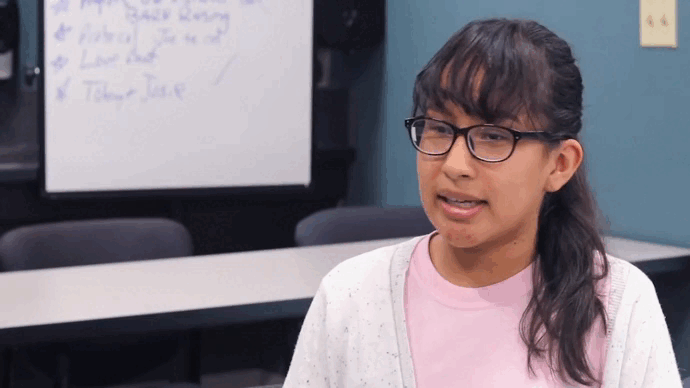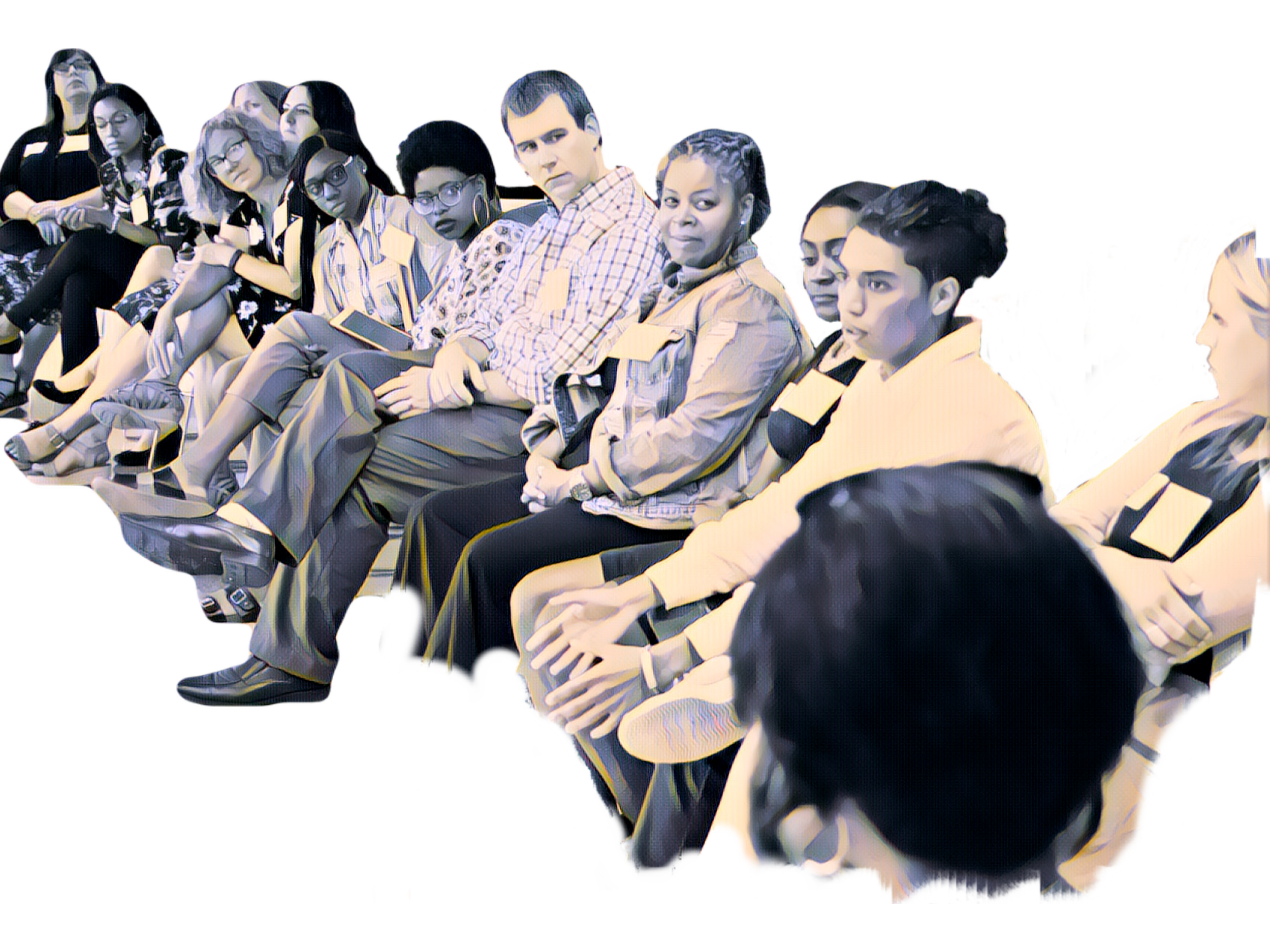Virtual Anti-Racism Training
This interactive series is designed to provide your staff with shared language and understanding of how to move towards anti-racist practices and implementation in their personal and professional lives. Our workshops offer meaningful learning and reflection opportunities for participants of all racial identities, while issuing a clear call to action for those upholding current systems of white supremacy.
By examining how the concept of “whiteness” influences various existent systems within the United States, this training creates space for white folks and people of color alike to reflect on their individual and collective contributions to the larger systems around us.

2,741
participants have received our anti-racism training across diverse professional settings
1,600
unique users have downloaded our Reflection Toolkit (Part I) and Reflection Toolkit (Part II)
82%
of participants said our anti-racism training influenced their personal or professional behaviors
65%
of participants said our anti-racism training changed their views on racism in the United States
-

The foundation of our model challenges organizations to recognize how the work of dismantling oppressive systems requires both individual and collective accountability for our roles within these systems.
-

It challenges folks to have the courage to lean into discomfort and engage in conversation-based learning through a lens of empathy; especially for white folks who may be grappling with racial privilege and the responsibilities associated with those privileges.
-

Throughout our facilitated sessions, you will witness our facilitators guide folks through this process by modeling their own vulnerability and reflecting upon their own privileges. We believe this is the only way to actively dismantle inequitable systems and move towards collective action.
Meet your Facilitators
-

Rachael Gavin, MSc
Rachael Gavin is the CEO and Founder of PR(iSM) Resistance Coalition. She holds a Master of Social Research from Goldsmiths, University of London and Bachelor in Interpersonal Communication from The University of Connecticut. Rachael is a strategist, facilitator and consultant who specializes in diversity, equity and inclusion. She has 10 years of experience working within the social justice and education sectors, both nationally and internationally, across the U.S., U.K. and Europe. She has developed cross-Atlantic research examining best practices for equitable solutions in industries such as education, health and social sectors.
-

Kiara Butler, EdD
Kiara Butler is the CEO and Founder of Diversity Talks. She holds a Master of Public Administration degree from Belhaven University, will obtain a Doctorate in Educational Leadership from Johnson & Wales University in 2021, and was recently recognized as one of the Forbes 30 Under 30. Her academic and field research led to the development of the PERM Framework and Assessment: a first-of-its-kind methodology for measuring cultural competence using four dimensions; power, empathy, relationships, and mindset. The Framework component involves the design of a multidimensional rubric of cultural competence that acts as a roadmap of reflection on norms, biases, behaviors, and their impact on others. The Assessment component is an evaluation tool that can measure and track individual level cultural competence. Research protocols are IRB approved for meeting high ethical and scientific standards.



